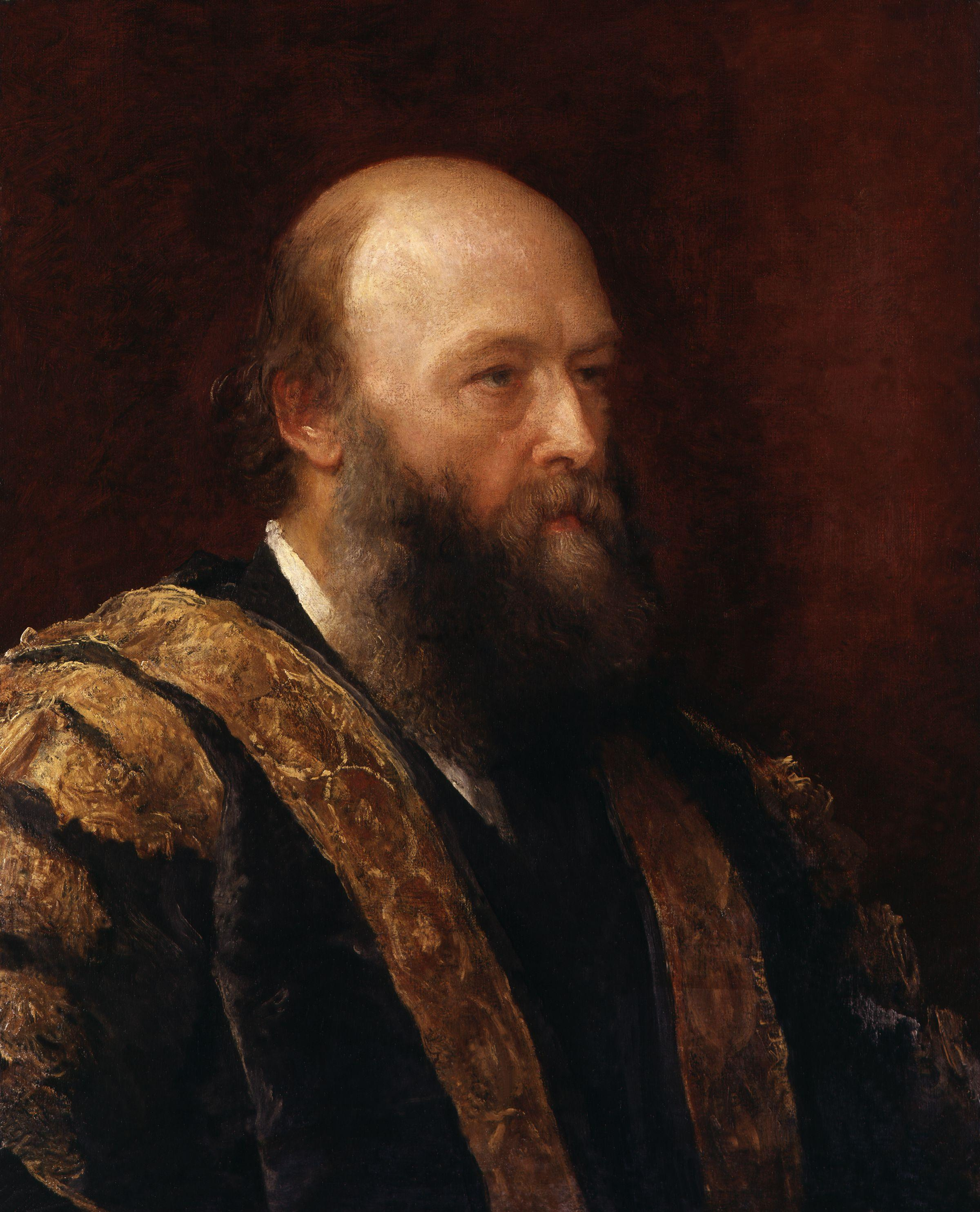„Szczypta doświadczenia jest warta tonę teorii.”
A gram of experience is worth a ton of theory. (ang.)
Źródło: Saturday Review (1859)
Robert Arthur Talbot Gascoyne-Cecil, 3. markiz Salisbury KG, GCVO – brytyjski polityk, wielokrotny minister spraw zagranicznych i premier Wielkiej Brytanii w latach 1885–1886, 1886–1892 i 1895–1902. W czasie trzeciej kadencji Salisbury’ego trwała II wojna burska i zmarła królowa Wiktoria. Zastąpił Benjamina Disraelego jako przywódca konserwatystów. Wikipedia

„Szczypta doświadczenia jest warta tonę teorii.”
A gram of experience is worth a ton of theory. (ang.)
Źródło: Saturday Review (1859)
„Od Kapsztadu do Kairu – wszystko brytyjskie.”
Źródło: George Bidwell, Król diamentów, Katowice 1979
“The North is fighting for no sentimental cause—for no victory of a 'higher civilization.'”
It is fighting for a very ancient and vulgar object of war—for that which Russia has secured in Poland—that which Austria clings to in Venetia—that which Napoleon sought in Spain. It is a struggle for empire, conducted with a recklessness of human life which may have been paralleled in practice, but has never been avowed with equal cynicism. If any shame is left in the Americans, the first revision they will make in their constitution will be to repudiate formally the now exploded doctrine laid down in the Declaration of Independence, that 'Governments derive their just powers from the consent of the governed'.
Źródło: 'The United States as an Example', Quarterly Review, 117, 1865, pp. 252-253
Źródło: 'Democracy on its Trial', Quarterly Review, 110, 1861, p. 274
Źródło: 'English Politics and Parties', Bentley's Quarterly Review, 1, (1859), p. 12
Letter to Lord Selborne after J.P. Morgan acquired a predominating influence in Cunard, White Star and other shipping lines (13 March 1902)
Źródło: Quoted in Andrew Roberts, Lord Salisbury: Victorian Titan (1999), p. 50 and David Steele, 'The Place of Germany in Salisbury's Foreign Policy, 1878-1902', in Adolf M. Birke, Magnus Brechtken and Alaric Searle (eds.), An Anglo-German Dialogue: The Munich Lectures on the History of International Relations (2000), p. 67
'Church-rates', Quarterly Review, 110, 1861, p. 545
1860s
Speech to the British Association (6 August 1894), quoted in The Times (9 August 1894), p. 6
1890s
Speech in the Mansion House, London (10 November 1890), quoted in The Times (11 November 1890), p. 4
1890s
Speech to the Conference of the National Union of Conservative and Constitutional Associations in Oxford (23 November 1887), quoted in The Times (24 November 1887), p. 7
1880s
Speech to the inaugural dinner of the National Conservative Club in Willis's Rooms (5 March 1887), quoted in The Times (7 March 1887), p. 7
1880s
Speech in Leeds against Irish Home Rule (18 June 1886), quoted in The Times (19 June 1886), p. 12
1880s
Speech to a banquet of the Merchant Taylors' Company, London (10 May 1886), quoted in The Times (11 May 1886), p. 12
1880s
Speech to a banquet of the Merchant Taylors' Company, London (10 May 1886), quoted in The Times (11 May 1886), p. 12
1880s
Speech https://api.parliament.uk/historic-hansard/lords/1878/apr/08/message-from-the-queen-army-reserve#column_836 in the House of Lords (8 April 1878)
1870s
“War is righteous or unrighteous according as it is opportune or inopportune.”
Speech https://api.parliament.uk/historic-hansard/lords/1878/jan/17/address-in-answer-to-her-majestys-most#column_54 in the House of Lords (17 January 1878)
1870s
Letter to Robert Bulwer-Lytton, 1st Earl of Lytton (25 June 1877), quoted in David Steele, Lord Salisbury: A Political Biography (2001), p. 122 and Shih-tsung Wang, Lord Salisbury and Nationality in the East Viewing Imperialism in Its Proper Perspective (2019)
1870s
Speech in the House of Lords (8 May 1871) http://hansard.millbanksystems.com/lords/1871/may/08/committee#column_346
1870s
On the London County Council; speech to the metropolitan division of the National Union of Conservative and Constitutional Associations in the Queen's Hall, Langham Place (7 November 1894), quoted in The Times (8 November 1894), p. 4
1890s
Letter to Miss Milner (11 November 1901), quoted in The Times (19 November 1901), p. 10
1900s
“We are a Teutonic people. We hold steadily to our opinions.”
Speech to the Conference of the National Union of Conservative and Constitutional Associations in Oxford (23 November 1887), quoted in The Times (24 November 1887), p. 6
1880s
Letter to Lord Lytton (8 March 1877), quoted in David Steele, Lord Salisbury: A Political Biography (2001), p. 108
1870s
“In the real business of life no one troubles himself much about 'moral titles.'”
No one would dream of surrendering any practical security, for the advantages of which he is actually in possession, in deference of the a priori jurisprudence of a whole Academy of philosophers.
'The House of Commons', Quarterly Review, vol. 116 (July & October 1864), p. 263
1860s
Letter to W. H. Smith (5 February 1889), quoted in Michael Bentley, Lord Salisbury's World: Conservative Environments in Late-Victorian Britain (2001), p. 65
1880s